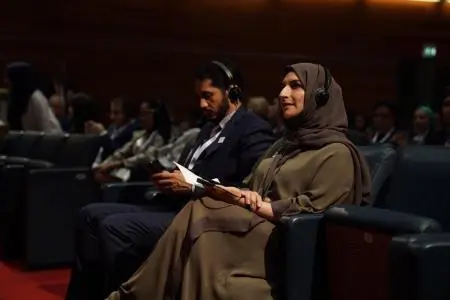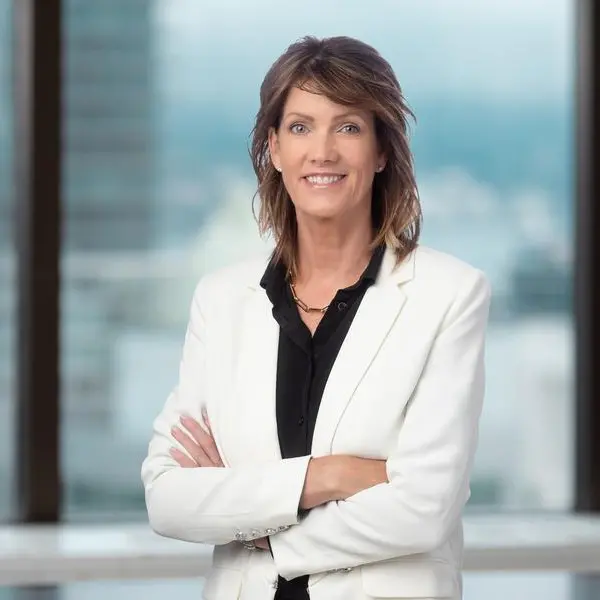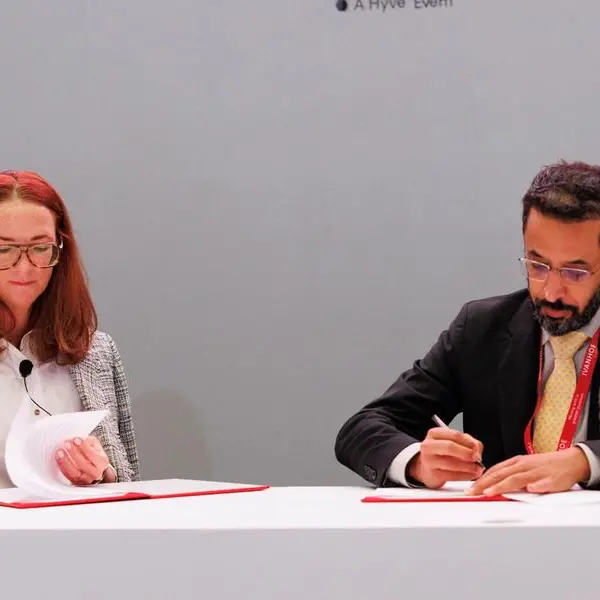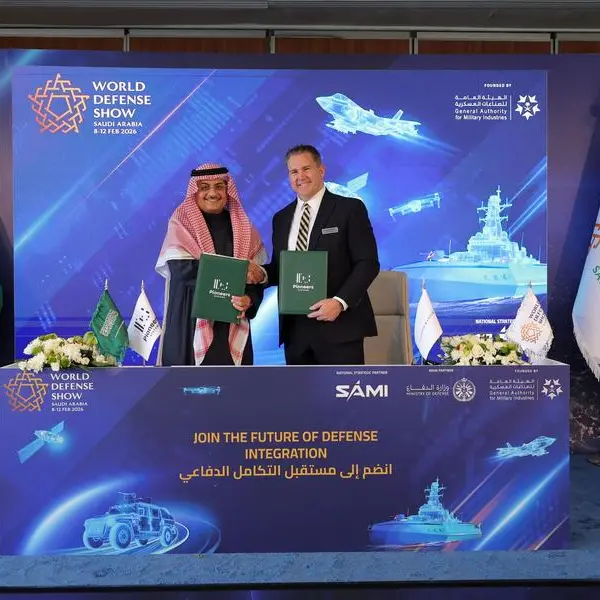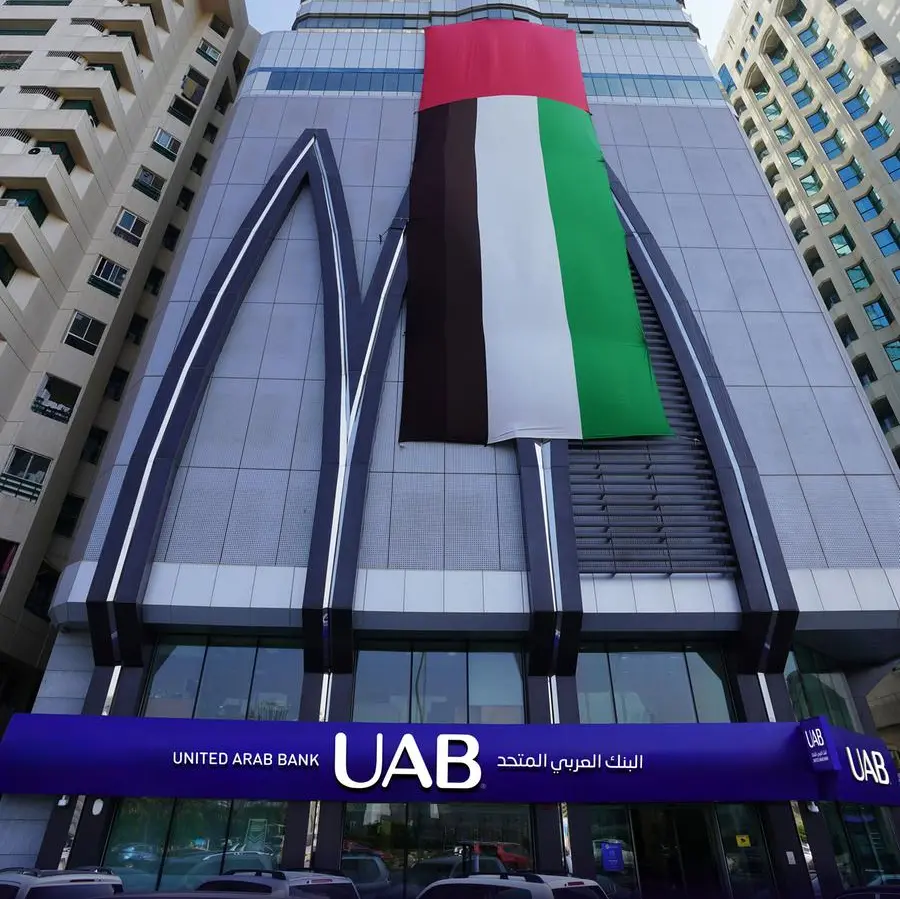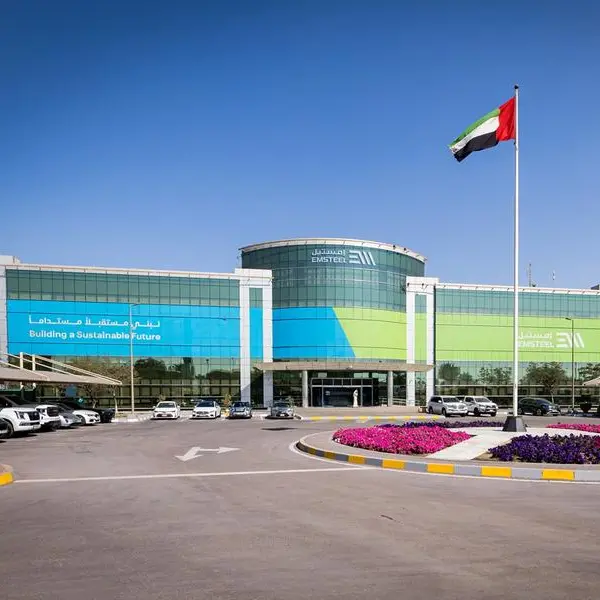PHOTO
- Dubai Islamic Economy Development Center (DIEDC) is also hosting two round tables at the global event
- TIEF promotes social integration and financial innovation through the opportunities offered by Islamic finance
Dubai, UAE: Hala Badri, Director General of Dubai Culture and Arts Authority (Dubai Culture) gave a special address to audiences gathered at the Turin Islamic Economic Forum (TIEF) - held in Turin during the period from 28 to 30 October 2019. Her keynote speech, directed at the start of the first day conference focused on the city of Dubai as an enabler for creative economy.
The Forum also hosted a round-table powered by the "Global Islamic Economy Summit" (GIES), the global event organized by the Government of Dubai through the Dubai Islamic Economy Development Center (DIEDC), titled: Islamic creative economy and halal tourism. In this round table, representatives of the Dubai Culture, DinarStandard, Think Fashion, Italian Industry and Commerce Office in the UAE and the Halal Trade and Marketing Centre (HTMC) and the Etihad Credit Insurance gathered to discuss the global Islamic economy.
The Forum – organised by the City of Turin, in partnership with the University of Turin, the Turin Chamber of Commerce, the Association for the Development of Alternative Instruments and Financial Innovation (ASSAIF), with the organisational support of Turismo Torino e Provincia – aims at promoting social integration and financial innovation through the opportunities offered by Islamic finance. It is also keen to generate opportunities, share best practices and create useful conditions to attract investments into Italy by the UAE and other countries where Islamic finance plays a decisive role for economic development.
Hala Badri, Director General of Dubai Culture said: “The Islamic Creative Economy is a growing global market and one that Dubai lies at the centre of. It can be broadly defined as any economic activities that include cultural or creative production, cultural events and activities, which are of Islamic origin, related to or inspired by Islamic tradition. Our entire cultural ecosystem is built upon this model and it is vital to discuss this at an international and strategic level.”
TIEF 2019 gathers from 28th to 30th October at the Torino Incontra Conference Centre and at ETF-Villa Gualino in Turin, Italy. It revolves around the following topics: Fintech, Blockchain, Artificial Intelligence: all disruptive technology that, in their essence, are compliant with Islamic finance; New Urban Policies; Social Impact Policies; Islamic Creative Economy and related expertise, Migration and Refugees Policies.
-Ends-
© Press Release 2019Disclaimer: The contents of this press release was provided from an external third party provider. This website is not responsible for, and does not control, such external content. This content is provided on an “as is” and “as available” basis and has not been edited in any way. Neither this website nor our affiliates guarantee the accuracy of or endorse the views or opinions expressed in this press release.
The press release is provided for informational purposes only. The content does not provide tax, legal or investment advice or opinion regarding the suitability, value or profitability of any particular security, portfolio or investment strategy. Neither this website nor our affiliates shall be liable for any errors or inaccuracies in the content, or for any actions taken by you in reliance thereon. You expressly agree that your use of the information within this article is at your sole risk.
To the fullest extent permitted by applicable law, this website, its parent company, its subsidiaries, its affiliates and the respective shareholders, directors, officers, employees, agents, advertisers, content providers and licensors will not be liable (jointly or severally) to you for any direct, indirect, consequential, special, incidental, punitive or exemplary damages, including without limitation, lost profits, lost savings and lost revenues, whether in negligence, tort, contract or any other theory of liability, even if the parties have been advised of the possibility or could have foreseen any such damages.
